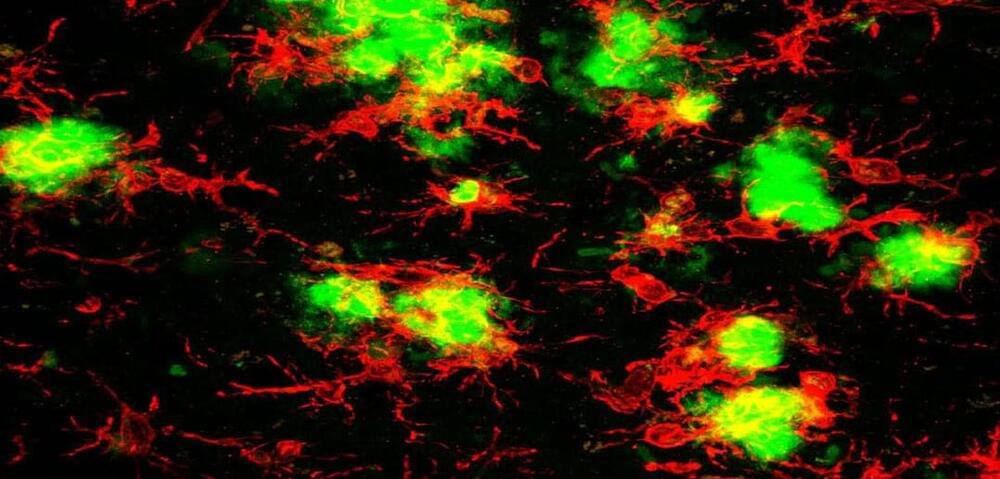Researchers at Scripps Research have discovered that chronic alcohol consumption can increase sensitivity to pain through two distinct molecular mechanisms: one related to alcohol intake and the other to alcohol withdrawal. This finding, published in the British Journal of Pharmacology, sheds light on the intricate relationship between alcohol and pain.
The researchers sought to better understand the relationship between chronic pain and alcohol use disorder. They wanted to investigate the underlying causes of different types of alcohol-related pain, such as alcoholic neuropathy and allodynia, and how they develop at the spinal cord level. The researchers aimed to examine the role of microglia, immune cells in the central nervous system, in the development of chronic alcohol-induced allodynia and neuropathy.
Alcoholic neuropathy refers to nerve damage caused by long-term excessive alcohol consumption. It is a type of peripheral neuropathy that affects the peripheral nerves, which are responsible for transmitting signals between the brain, spinal cord, and the rest of the body.
